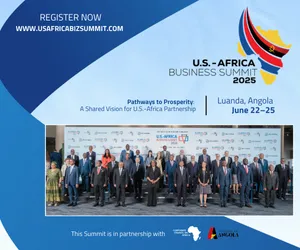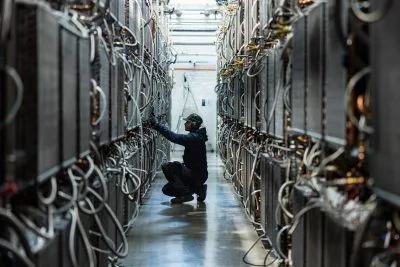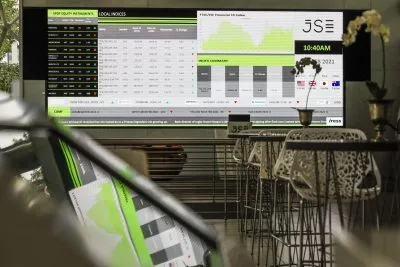Treating universal, affordable internet as essential infrastructure could have broad social and economic benefits.
Africa’s urban centres expand, authorities are under pressure to invest in water, electricity and transport networks. However, as the continent becomes increasingly wired up to information networks – and as plans emerge to build so-called ‘smart cities’ – planners are asking whether universal, affordable internet access should be seen as a basic, necessary infrastructure.
Alan Knott-Craig, founder of South Africa’s Project Isizwe – which aims to bring free Wi-Fi to low-income communities – believes that the impact of universal connectivity to education, healthcare, and public access to information make for compelling arguments in favour of promoting universal access as a basic public good.
“From teacher training, to early-childhood-development, to distance learning, the internet empowers learners to overcome local disadvantages and enter the global economy,” Knott-Craig says.
These benefits are most profoundly felt, he adds, when access is targeted at low-income communities – where failing to close the digital divide could exacerbate existing social and economic inequalities.
“The people that benefit the most from internet access are the poor, and yet they are the most limited in internet access. Why? Because they don’t have disposable income,” Knott-Craig says.
“Free Wi-Fi should be deployed in low-income communities as a basic service, just like water and electricity. Otherwise all that will happen is the digital divide will grow and inequality will be exacerbated.”
Beyond the obvious social benefits, says Bitange Ndemo, the former permanent secretary of Kenya’s Ministry of ICT, access sparks creativity, creating a new level to the economy.
“Free Wi-Fi should be provided to communities because access necessitates innovation,” he says. “A few years ago when we did not have connectivity, you could not associate Kenya with innovation. You can see what access has done and the reason why we need everybody to have it, in order to increase chances of innovative ideas getting to market.”
Ndemo also believes that the economic benefits will outweigh the costs, as affordable internet allows cities to gather data from communities and build smart cities – urban centres that use advanced information management to monitor and control utilities, traffic and other functions. Ubiquitous internet access is the foundation of these kinds of projects, he says.
“Internet is the basis of smart cities. Affordable internet will necessitate cheaper data gathering that is essential in making decisions, especially in smart cities. The benefit from big data collected from free Wi-Fi far outweighs the costs because the decisions made are more intelligent than not having data all.”
The numbers seem to support his argument. The World Bank estimates that for every 10% increase in broadband penetration, there is a 1.3% increase in a country’s gross domestic product; when it comes to mobile internet access, that impact is even more pronounced.
Research from the Copenhagen Consensus Centre found that increasing mobile broadband penetration levels threefold in developing countries would achieve returns of $17 for every dollar spent, both in terms of economic growth and government cost savings.
“Once a country digitises and provides its services online, everybody benefits,” Ndemo says.
“Internet is becoming as necessary as water is to all humankind.”
Want to continue reading? Subscribe today.
You've read all your free articles for this month! Subscribe now to enjoy full access to our content.
Digital Monthly
£8.00 / month
Receive full unlimited access to our articles, opinions, podcasts and more.
Digital Yearly
£70.00 / year
Our best value offer - save £26 and gain access to all of our digital content for an entire year!

 Sign in with Google
Sign in with Google 





